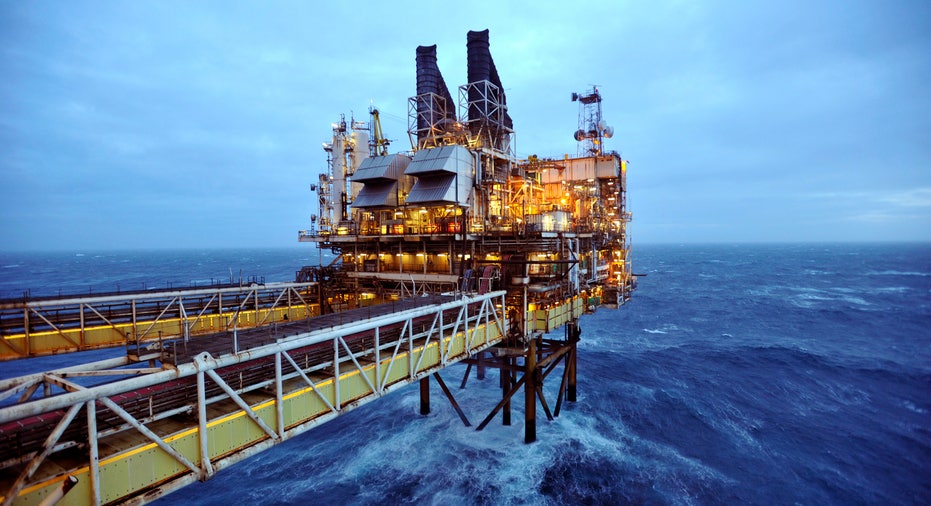Alaskans receive smaller oil checks amid weaker prices

Alaska will pay each of its residents $1,100 from its oil wealth investment fund Thursday.
The distribution from the Alaska Permanent Fund is essentially free money for residents, who already don't pay a state income tax or statewide sales tax. But this year’s dividend checks were cut for the second straight year due to a recession that was sparked by lower oil prices.
Alaskans received record oil-fund checks in 2015, but a budget action by Gov. Bill Walker set a cap on the checks beginning last year.
Unlike previous distributions, the amount of this year's payout was quietly announced in mid-September in a short news release. Gone was the usual announcement made with great fanfare in other years. Here are some facts and history of the checks.
SHRUNKEN CHECKS
A record payout of $2,072 was distributed to qualifying Alaskans in 2015. Last year, the amount was estimated to be a bit higher until Gov. Walker stepped in and shrunk the amount because of the state's multibillion-dollar budget deficit, a situation exacerbated by chronically low oil prices. Walker's action was challenged in court, and ultimately the governor prevailed. In August, the state Supreme Court ruled that Walker acted within his authority in reducing the amount set aside for checks from the fund.
POLITICAL REPERCUSSIONS?
The politically-charged court case played out as state lawmakers weigh a major shift that could turn the fund into an endowment and change the dividend program. Walker's actions to cut the payouts could affect him at the polls, noted Jerry McBeath, a political science professor emeritus at the University of Alaska Fairbanks. "When people think someone wants to take something away from them, which they believe they are entitled to, they are very angry," he said Wednesday. "That is what the governor has done." Walker is up for re-election in 2018. He is an independent, and will not face a primary election. There are announced Republicans in the race while no Democrats have announced their candidacy yet.
HOW TO GET FREE MONEY
The checks are distributed annually to Alaskans who apply for them after living in the state for at least one calendar year, or were born in Alaska by the Dec. 31 deadline of the previous year. This year, about 640,000 Alaskans will receive checks, most through direct deposit. Altogether, the checks total $672 million. The amount of the checks is based on a five-year average of the fund's investment earnings.
HOW PEOPLE SPEND THE MONEY
Some use the checks as fun money for purchases like big-screen TVs, traveling and furniture. But for many in cash poor villages in rural Alaska, the money goes toward necessities such as costly heating fuel or even down payments for boats or all-terrain vehicles used in subsistence hunting. In the old gold rush town of Nome on the western coast, many use the money to put food on the table, according to Mayor Richard Beneville. He said it would be nice to get the full amount, but people there understand the state's fiscal problems, and he hasn't heard anyone complain about the smaller payout. "Something is better than nothing," he said.
HOW IT ALL BEGAN
The permanent fund was created by voters in 1976 as an investment account for royalties after oil was discovered on the North Slope. The principal may not be spent, according to the state constitution, and the earnings may be used by the Legislature for any public purpose, including dividends. Residents began getting money from the fund in 1982. If an Alaskan has qualified for all of the checks distributed from the beginning, he or she would have received $41,221.41, said Sara Race, director of the state's Permanent Fund Dividend Division. With Thursday's distribution, the state will have paid out about $24 billion. The fund, which was valued at $61 billion on Wednesday, gets its earnings from a diversified portfolio, which includes stocks that include Apple, Microsoft, Chinese commerce company Alibaba, Bank of America and Facebook.
The Associated Press contributed to this report.



















